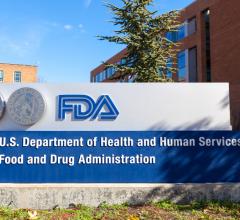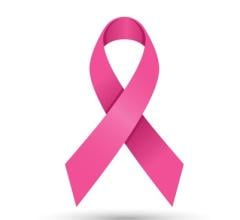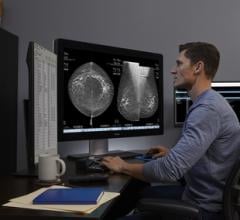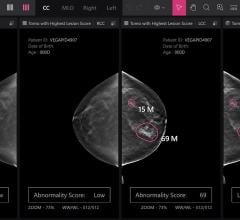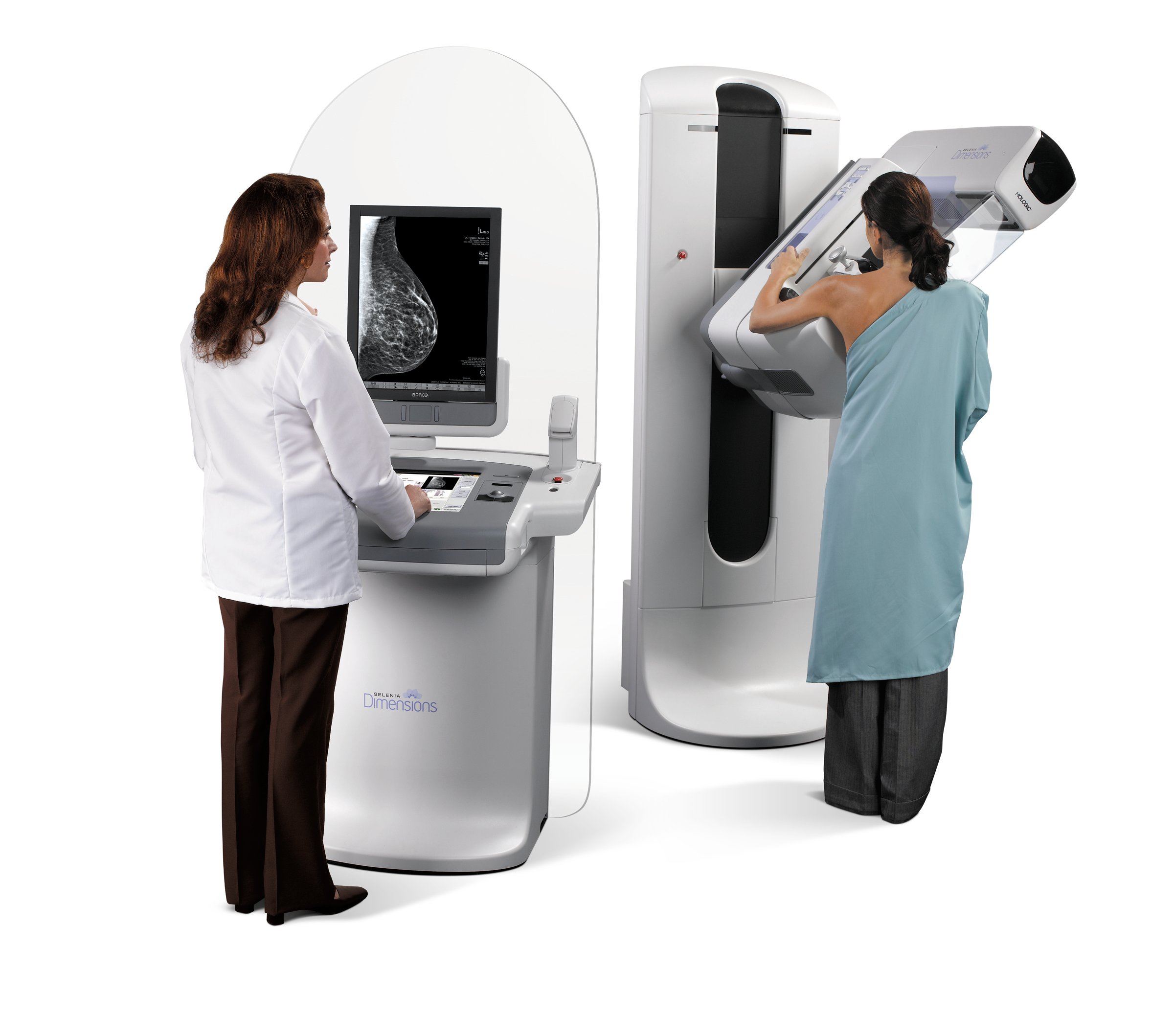
November 2, 2012 — In the aftermath of Hurricane Sandy’s devastation on the East Coast, the U.S. Food and Drug Administration (FDA) issued information about the effects of these types of natural disasters on mammography facilities. There are certain actions mammography facilities can take to help ensure that they continue to provide high quality mammography services. Depending on the amount of damage sustained by a facility, its equipment, critical records and even patient records and/or mammogram films may have been damaged or destroyed. In the aftermath of these events, your mammography facility may find it a challenge to comply with MQSA regulations.
To assist facilities in complying with MQSA regulations, any facility damaged by a natural disaster should:
- Inform its accreditation body (AB) and State Radiological Health Department of the situation as soon as possible and notify them of any change in the facility’s mammography system(s) or location.
- Inform the Facility Hotline (phone 1-800-838-7715, fax 410-290-6351, or [email protected]) of the situation as soon as possible and notify them of any change in the facility’s mammography unit(s) or location.
- Request instructions from its AB immediately if, because of the disaster, facility personnel determine that scheduled reaccreditation cannot be completed before a current accreditation expires.
- Record the date range for which facility records (e.g., quality control records, patient logs) and patient records and/or mammogram films have been lost or damaged. The documentation should identify the date(s) involved and the reason(s) these records were lost or damaged. The facility should keep this documentation for possible review by the AB, State Radiological Health Department personnel, the state certifying agency, if applicable, and the MQSA inspector. Additionally, the State Radiological Health Department may be able to advise the facility regarding specific State requirements dealing with damaged or lost patient records and/or mammogram films.
- Inform patients: If patient records and/or mammogram films were damaged or lost, the facility may want to notify the affected patients.
- Retain a medical physicist to conduct an equipment evaluation of any equipment that undergoes a major repair, is disassembled and reassembled, or is replaced. The equipment must successfully pass the evaluation before the facility can use the equipment to image patients. The facility may also want to perform other tests, such as routine facility quality control, to ensure that its equipment is performing properly.
A facility may contact the FDA, the State Radiological Health Department, the state certifying agency, if applicable, or its AB for further information if a natural disaster has affected its operations. Together, FDA, MQSA inspectors, state programs, and accreditation bodies will work with facilities struck by natural disasters to help them resume practicing high quality mammography.
For more information: www.fda.gov


 February 17, 2026
February 17, 2026 
